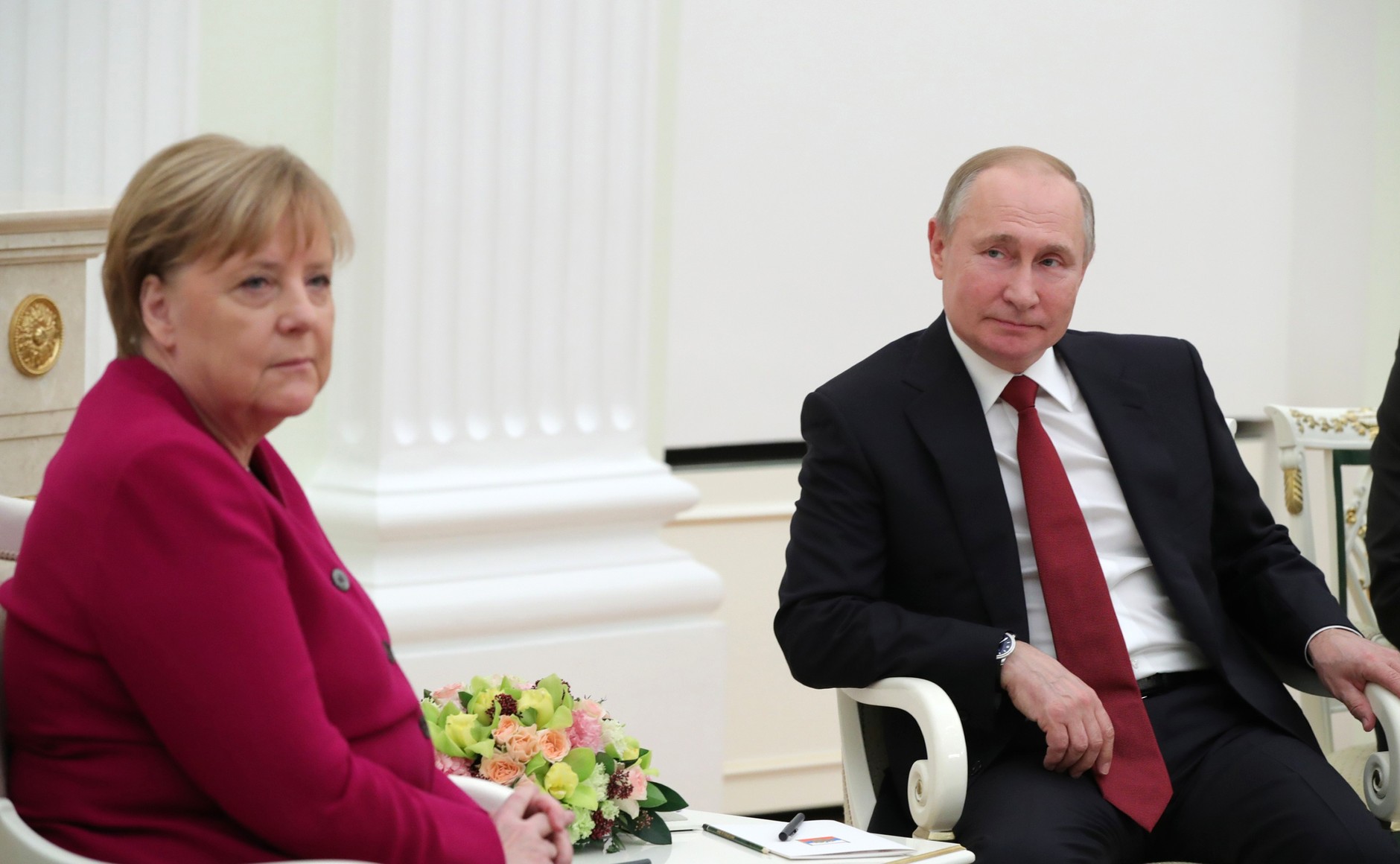Merkel makes Merkel about Putin

In her public return after six months, Merkel expresses heavy judgments on Putin but does not admit his responsibilities in foreign and energy policy. Pierluigi Mennitti's article from Berlin
Six months of institutional silence, since he left the German government to his successor Olaf Scholz, in which the world has changed. And for this reason Angela Merkel's first public outing was highly anticipated, for what it could and should have said about the war in Ukraine and above all about its Ostpolitik and its energy policy that linked German destinies to Putin's Russia and, according to some, it is one of the causes of the Russian aggression. But Merkel did Merkel: she didn't say anything. Or rather: he used heavy words to condemn the military attack on Moscow. Words that, if she had still been chancellor, would have had an important weight, but today they resonate like the judgment of a (albeit authoritative) veteran. But on his possible errors and underestimations in the relationship with Putin he did not admit anything: "I see no reason to say that it was a wrong policy and therefore I will not justify myself". In short: non, je ne regrette rien.
The "return" was a theatrical piece in true Merkelian style. First of all, the podium, the hall of the Berliner Ensemble, the theater on the left bank of the Spree, the heart of Bertold Brecht's performances. Then the atmosphere: crowds of journalists and aficionados, selfies with the silhouette of the former chancellor in full format and confidently smiling towards the horizon and, behind the curtain, a long procession of readers lined up to get the evening's booklet signed: three speeches by Merkel collected under the title "So what is my country?".
A face to face with Spiegel journalist Alexander Osang who immediately entered the main topic: the war in Ukraine. From Merkel harsh words towards Putin, certainly not unexpected. The aggression against Kiev "a great mistake" and "a huge tragedy", "a brutal act that has no justification".
The invasion of Russian troops "an objective breach of all international regulations". But when the interviewer moved from questions about judging current events to evaluating past behavior, the former chancellor donned the armor of the defender and countered with conviction and without showing any remorse. In the negotiations that took place after the 2014 crisis, his heart "has always beaten on the side of Ukraine", said Merkel, who did not say a word (nor did the journalist insist too much) on her choices in energy policy. , which today place Germany in enormous difficulty with respect to the ongoing war events. No regrets, no self-criticism.
As for the relations established with Kiev and Moscow in the various stages of negotiations, the former chancellor insisted that everything must be seen in the light of current events: the decisions taken in the past have repeatedly avoided the worst. Both the German refusal to support Ukraine's accession to NATO and the efforts made through various diplomatic formats to reach the Minsk agreements have followed a single objective: to avoid the disaster that is now there for all to see.
Today's war is not the consequence of specific policies of the German governments she chaired, Merkel seems to say, but of the fact that diplomatic efforts were unsuccessful and were abandoned: "I have tried to work in the direction of preventing the disaster, and diplomacy is not wrong if it is not successful ”.
On the other hand, Putin has a general vision that is clear and that must be rejected, Merkel continued: he considers the disintegration of the Soviet Union as "the worst event of the twentieth century" and believes that democracy is wrong. But this has nothing to do with the foreign policy that you have set in the 16 years of the chancellery. It is true – and this is perhaps the only admission he grants – that in all these years it has not been possible to end the Cold War or create a security architecture that would have prevented the current situation. But in the end comes the self-acquittal: "In retrospect, when I sum it up, I'm really happy not to have to blame myself for not having done enough to avoid an event like the one that occurred".
This is a machine translation from Italian language of a post published on Start Magazine at the URL https://www.startmag.it/mondo/merkel-fa-la-merkel-su-putin/ on Wed, 08 Jun 2022 10:01:03 +0000.
